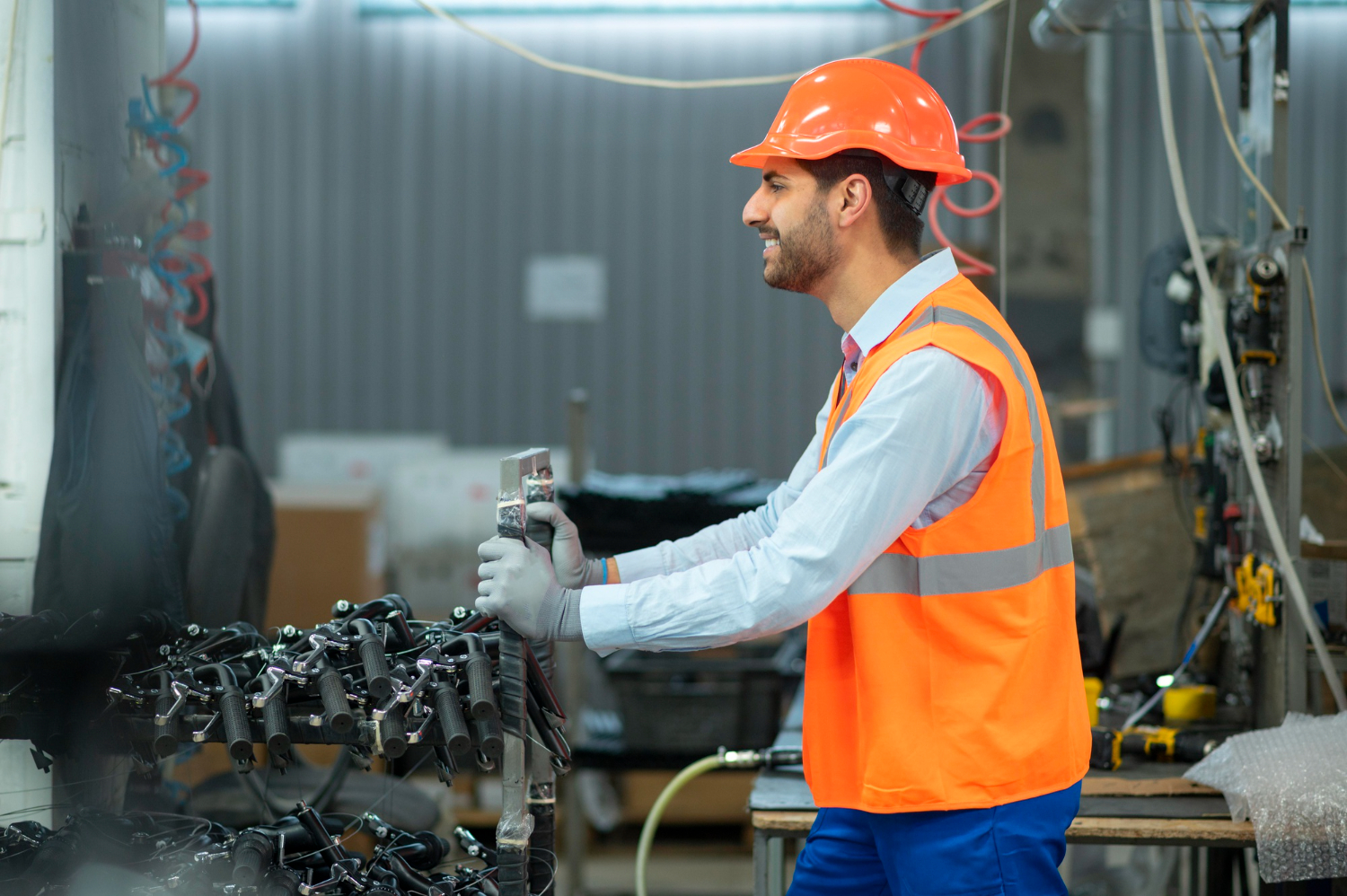Gas safety is crucial for homes and businesses. Without qualified professionals, the risks of gas leaks and other hazards increase. Gas safe engineers are trained experts who ensure that gas appliances and systems are installed and maintained safely. Their expertise helps protect lives and property from the dangers associated with gas.
Becoming a gas safe engineer requires specialized training and certification. This ensures that they are well-equipped to handle various gas appliances and understand the regulations that govern their work. These engineers perform important tasks, from installing new systems to conducting routine safety checks.
The need for skilled gas engineers is always present, as they play a vital role in maintaining safe environments. Their knowledge helps individuals make informed decisions about their gas systems, enhancing the overall safety of their homes or workplaces.
Key Takeaways
- Gas safe engineers are essential for ensuring the safety of gas appliances.
- Specialized training and certification are required to become a gas safe engineer.
- Their roles include installation, maintenance, and safety checks of gas systems.
Becoming a Gas Safe Engineer
To become a Gas Safe engineer, a person must meet specific qualifications, navigate a certification process, and engage in ongoing professional development. This ensures they are equipped to safely work with gas and meet industry standards.
Required Qualifications
A candidate must obtain recognized qualifications before applying for Gas Safe registration. Typically, this includes a formal qualification like the Level 3 Diploma in Gas Utilization. This program covers essential topics, such as gas safety, appliance installations, and fault diagnosis.
In addition to formal qualifications, practical experience is crucial. Many aspiring engineers complete apprenticeships or gain work experience under a qualified Gas Safe engineer. This hands-on training helps develop the necessary skills.
Furthermore, candidates should familiarize themselves with relevant regulations and safety standards, as this knowledge is vital for the role.
Certification Process
Once the required qualifications are obtained, the next step is the certification process. This involves applying to the Gas Safe Register, which is the official list of qualified gas engineers in the UK.
The application requires proof of qualifications and competency. Candidates may need to take assessments to demonstrate their skills. After successfully passing these assessments, they will receive a unique registration number.
It’s also essential to provide evidence of any previous work completed. This documentation helps ensure they have the necessary experience to work on gas appliances safely.
Continuing Professional Development
After becoming registered, ongoing education is key for Gas Safe engineers. Continuing Professional Development (CPD) helps them stay updated with the latest regulations, technologies, and safety practices.
Gas Safe engineers are encouraged to participate in courses and workshops. This can include training on new gas appliances, changes in legislation, or enhanced safety measures.
Regular CPD ensures engineers maintain their competency and adapt to industry changes. Keeping skills current is vital for delivering safe and reliable service to customers.














